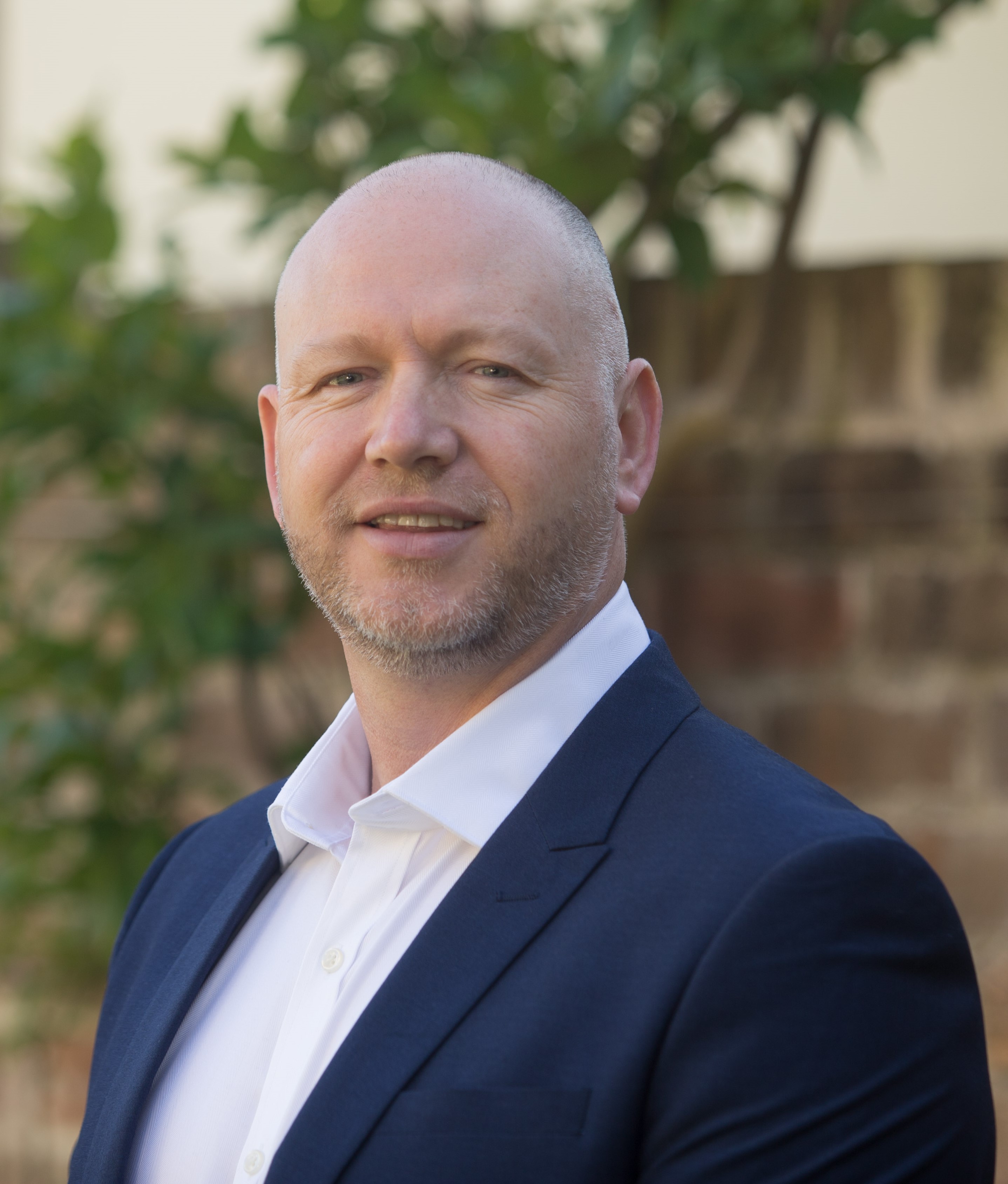Lettie Pringle: Risk & Safety Co-ordinator, NHS Borders
Lettie Pringle
Risk & Safety Co-ordinator
NHS Borders
How did you get your job?
Following my graduation from university with a degree in Business Management, I started work in NHS Borders finding myself in the Risk and Safety department. I was exposed to new ideas and processes and a completely new way of looking at the business of delivering healthcare.
The first job within the risk and safety department was pure administration of IT systems. NHS Borders, based in Scotland in the UK, developed my skills and with the support of my manager I was given opportunities to become more involved in the delivery of the risk management system becoming the Risk and Safety Co-ordinator.
What’s a typical day as a Risk and Safety Co-ordinator?
There is no typical day within this role. The variety of work within this role is unbelievable and the diversity of the healthcare system makes sure it never becomes boring. It covers everything from financial, clinical, political and reputational risks to name a few. Healthcare has micro businesses within it, so your role can range from being involved with project management risks of estates to supporting risk owners with risks relating to service delivery such as physiotherapy, laundry and facilities management.
I support everyone from front line staff such as nurses and medics to Directors and Executives, helping them understand their role and risk management processes of NHS Borders, assisting them through each stage of the process from identifying risks to reviewing them.
It is always vital to remember why you are doing the role; to improve and maintain the safety of those who use the services within healthcare and those who provide it. I have great pride in the risk management processes we implement as the decisions made from these help keep patients, staff and the public safe and reduce organisational liabilities.
What do you like most about your job?
Communication is so important in risk management. I love meeting people and getting different opinions about risks they face. Speaking to people enhances not only their own knowledge base, but also your own and provides personal opportunities to improve and learn. Networking with internal and external stakeholders always helps give a perspective on risk that you may not have considered.
What are the challenges?
Culture within healthcare is orientated towards patient care, encouraging staff to widen their scope into clinical and corporate risks and ensuring there is an understanding of the importance of these types of risks to deliver a service can be challenging. For example, the importance of analysing risks around workforce and sustainability and the impact this can have on the delivery of care of a patient and patient safety. Overall, whilst it is imperative that a proportional response to risk is given, it can be difficult when you are dealing with people’s health impacts.
In what ways are IRM qualifications relevant?
The IRM qualifications have been vital in developing my knowledge of risk management processes and approaches and have helped formalise my knowledge of the subject.
What would you say to others thinking about joining IRM as a member/studying with us?
The IRM has not only given me qualifications but a friendly community in which you are encouraged to ask questions, learn new skills and to network with other members from a wide variety of companies. As the risk management profession encompasses such a wide range of industries, this networking provides an outlook to current issues which are not always available within the same organisation. Being a member helps risk management practitioners have access to a range of resources, professional advice and training which can be incorporated into the day to day risk management practitioner duties.
How has your role developed and what are your career ambitions? Has being linked to the IRM helped?
At this point in my career the IRM membership and qualifications have supported me in progressing. It has allowed me to move from a career that was going to be admin based to a career that is dynamic, challenging and opens opportunities in every field and every country. The next step for me is to gain a masters qualification in risk management and become a risk manager. The international reputation of the Institute of Risk Management will afford more career options that I previously would not have considered.
Top tips
- It is inevitable that you will come across something within your risk career that you do not know and it is important as a professional to ensure that you are open to continuous learning.
- Be professional and know your subject; be an active member of the IRM.
- Find a company who are willing to invest in you and support you through the qualifications. A company who wants you to be the best you can be.






